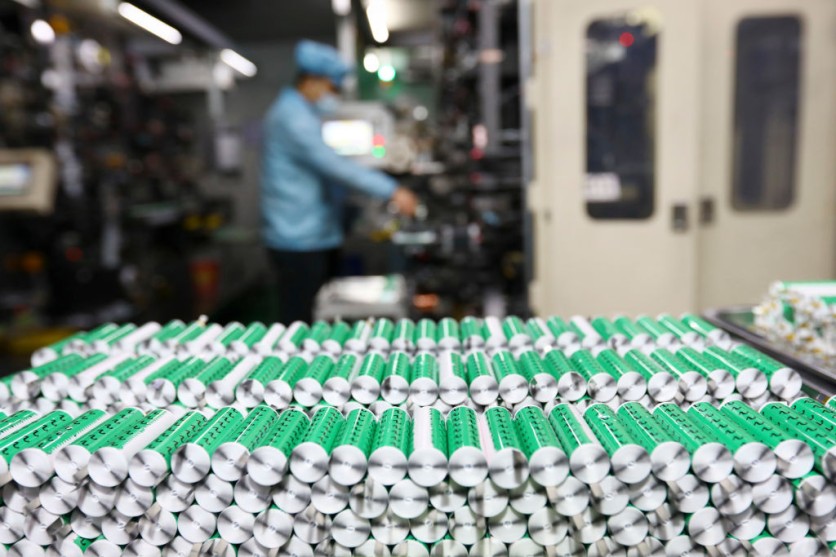Chinese and Australian scientists have come a long way in developing the world's first safe and efficient non-toxic water-based batteries to help decrease reliance on traditional disposable batteries that contain hazardous materials and contribute heavily to environmental pollution.

World's First Non-Toxic Water-Based Batteries
A research team of scientists from Flinders University in South Australia and Zhejiang Sci-Tech University in China developed the world's first safe and efficient non-toxic battery.
According to Interesting Engineering, the team has already completed the first stage of development, setting a new standard for battery safety and performance.
It became possible because of the special materials known as stable organic compounds containing a crucial element 2,2,6,6-tetramethylpiperidyl-1-oxy - also known as TEMPO.
Instead of using harmful chemicals, the researchers used water-based liquids on these new batteries. According to the researchers, these water-based electrolytes helped them make progress on the first design of aluminum radical batteries, which are both air-stable and fire-retardant.
Through this composition and process, the batteries can store energy efficiently and reduce the risk of catching fire easily. It enhances the potential of the batteries to be cost-effective and provides a much-secured energy storage method for different uses.
Using multivalent metal ions reportedly allows the batteries to provide much higher energy density than typically used lithium-ion batteries (LIBs).
Professor Zhongfan Jia of Flinders University said in a statement that he hopes to use biodegradable materials to develop soft-pack batteries in the future to make them safe and sustainable.
"In particular, aluminum-ion batteries (AIBs) attract great attention because aluminum is the third most abundant element (8.1%), which makes AIBs potentially a sustainable and low-cost energy storage system," he noted.
Eastern Herald reported that the study found that disproportionation in organic electrolytes containing Al(OTf)3 can be reversible when transitioning to an aqueous medium. This discovery was significant as it allowed for the first water-based aluminum-ion battery design.
While organic conjugated polymers are being recognized as promising cathodes for AIBs to tackle the ion transport problem, the researchers noted that their battery voltage output performance still falls behind.
Researchers said these radical materials have never been applied in AIBs because they lack understanding of their chemical reaction in electrolytes. The slow movement of AI3+ ion complexes can also cause batteries to lower their efficiency.
Developing the Battery
Clean Technica reported that the limited availability of lithium and transition metal oxides in conventional batteries has sparked a compelling need to explore alternative battery technologies capable of powering various applications, from portable devices to massive stationary electricity storage systems.
Considering the abundant presence of aluminum in the Earth's crust, Al-based batteries emerge as promising contenders for the next generation of energy storage devices. Finding suitable host electrode materials can efficiently and reversibly accommodate aluminum ions, which continues to pose a significant challenge.

![Apple Watch Series 10 [GPS 42mm]](https://d.techtimes.com/en/full/453899/apple-watch-series-10-gps-42mm.jpg?w=184&h=103&f=9fb3c2ea2db928c663d1d2eadbcb3e52)



